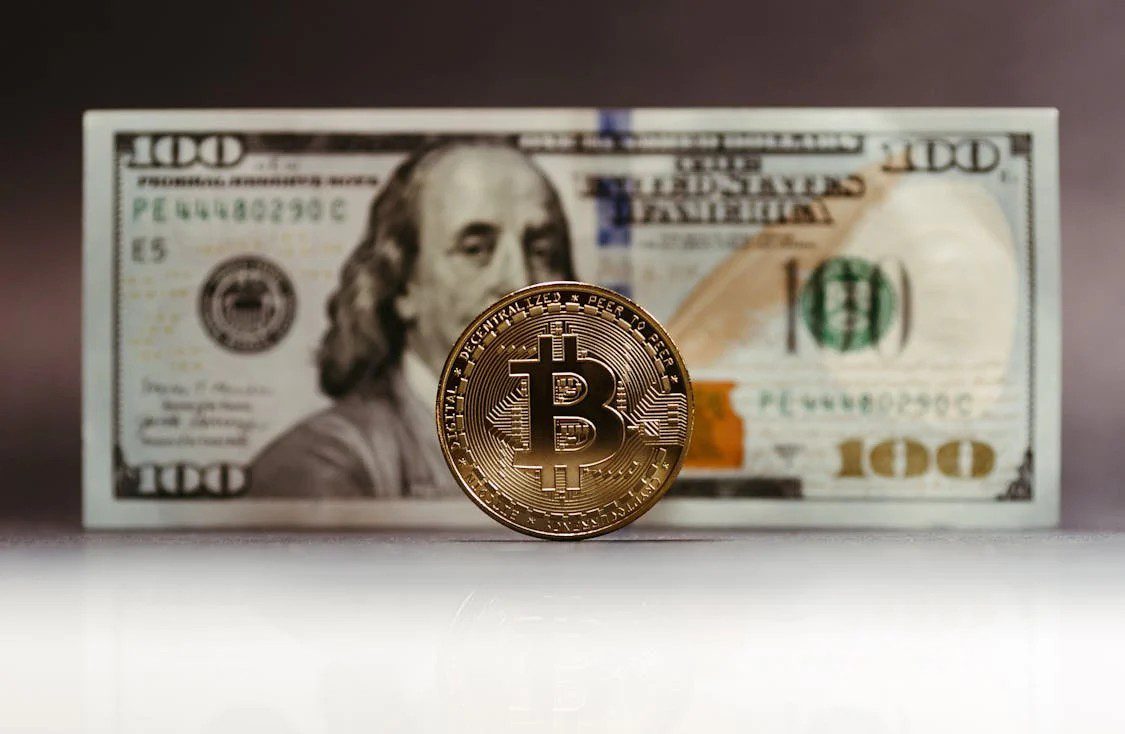An esteemed economist challenges the notion held by some Bitcoin advocates that cryptocurrency could ultimately resolve the United States’ national debt.
Peter Schiff shared his doubts regarding the bold claims made by what he calls “Bitcoin pumpers,” who argue that acquiring 1 million BTC would allow the country to eliminate its national debt. He contends that, despite having that many Bitcoins, it would still fall short of addressing the staggering governmental debt.

Insufficient to Clear US Debt
Schiff is firm in his belief that 1 million Bitcoins won’t suffice to pay off the US national debt. He posits that the cryptocurrency would need to experience an unrealistic market capitalization increase of more than 20,000% to achieve that goal.
“#Bitcoin proponents assert that if the U.S. procures 1 million Bitcoin, in the future we can utilize that Bitcoin to resolve the National Debt,” Schiff said in a social media post.
He elaborated that even 1 million units of Bitcoin would be inadequate to tackle the nation’s massive debt, currently estimated at around $36 trillion.
#Bitcoin advocates suggest that if the U.S. invests in 1 million Bitcoin, it could eventually be used to erase the National Debt. For that to equal today’s $36.25 trillion National Debt, Bitcoin’s market cap would need to reach $761 trillion, six times larger than global GDP!
— Peter Schiff (@PeterSchiff) December 13, 2024
Currently, Bitcoin is trading at $102,286 per coin. In this context, one million Bitcoins would equate to over $102 billion, which, while substantial, pales in comparison to the national debt of $36.25 trillion.
According to Schiff, the only way this scenario could unfold is through an extraordinary surge in Bitcoin’s market cap by over 20,000%, a prospect he finds highly doubtful.
“For 1 million Bitcoin to correspond to today’s $36.25 trillion National Debt, Bitcoin’s market cap would need to reach $761 trillion, which is six times the global GDP,” he stated.
Debt Continues to Rise
Schiff views a 200,000% increase in Bitcoin’s total valuation as unlikely, thus rendering the notion of Bitcoin settling US debt unfeasible.
He pointed out that by the time Bitcoin could theoretically achieve a market cap of $761 trillion, the national debt would have likely escalated as well. He remarked, “By that time, the national debt will exceed $36.25 trillion, necessitating an even higher Bitcoin value to settle it.”
Moreover, he warned that if Bitcoin’s market capitalization swells excessively, its price could very well decline, which would be detrimental for investors.
He stressed that the US debt is not static but continues to increase, noting the government’s yearly borrowing practices contribute to an ever-growing debt burden, making it progressively more difficult for Bitcoin to address these obligations.
Still Not A Universal Currency
Schiff raised questions about whether Bitcoin could achieve global acceptance comparable to that of fiat currencies. He pointed out that despite Bitcoin’s price surges, it has yet to be established as a universal currency.
“Global adoption will not happen. To date, very few individuals have embraced it,” Schiff stated.
He noted that only a handful of nations have recognized Bitcoin as official currency and that many governments actively resist the replacement of their currencies with cryptocurrency.
“Bitcoin serves as a speculative asset, and its value relies on speculation rather than actual demand,” he concluded.
Image credit: Pexels, chart by TradingView





